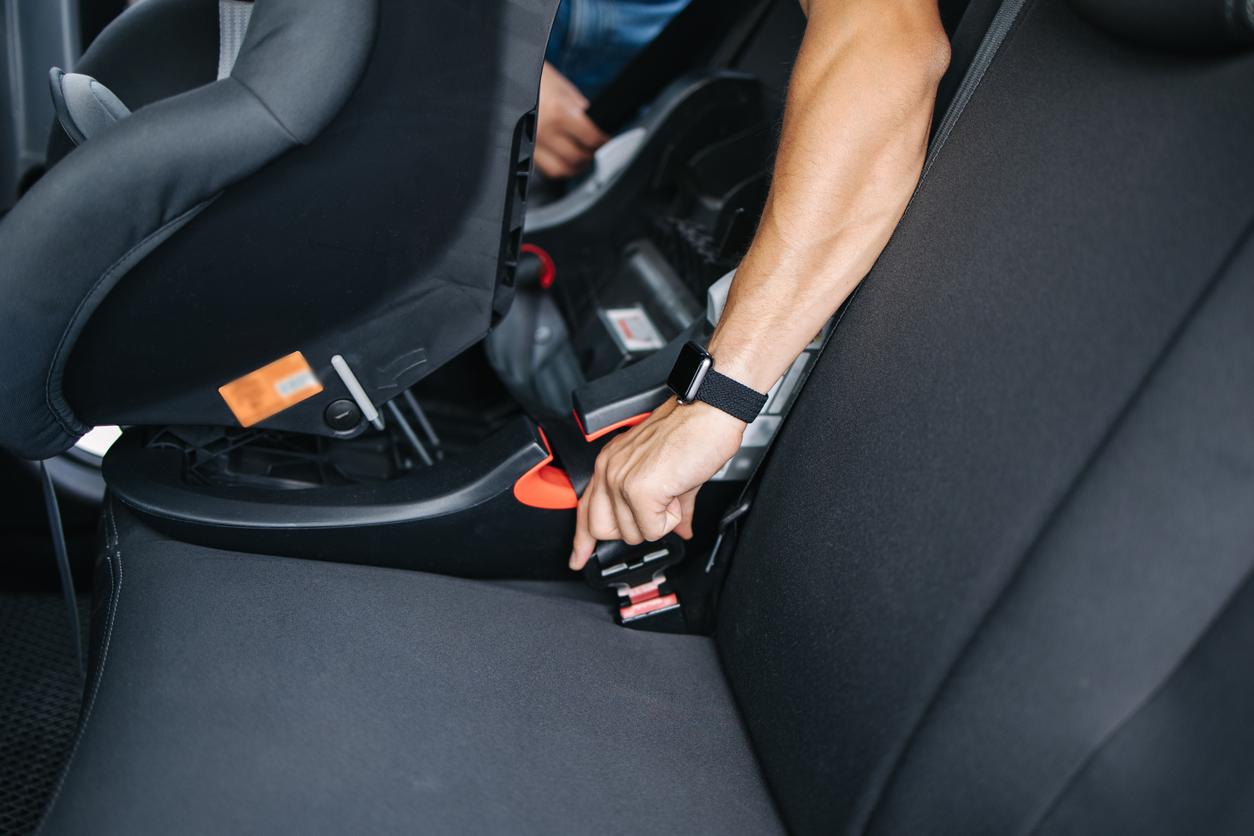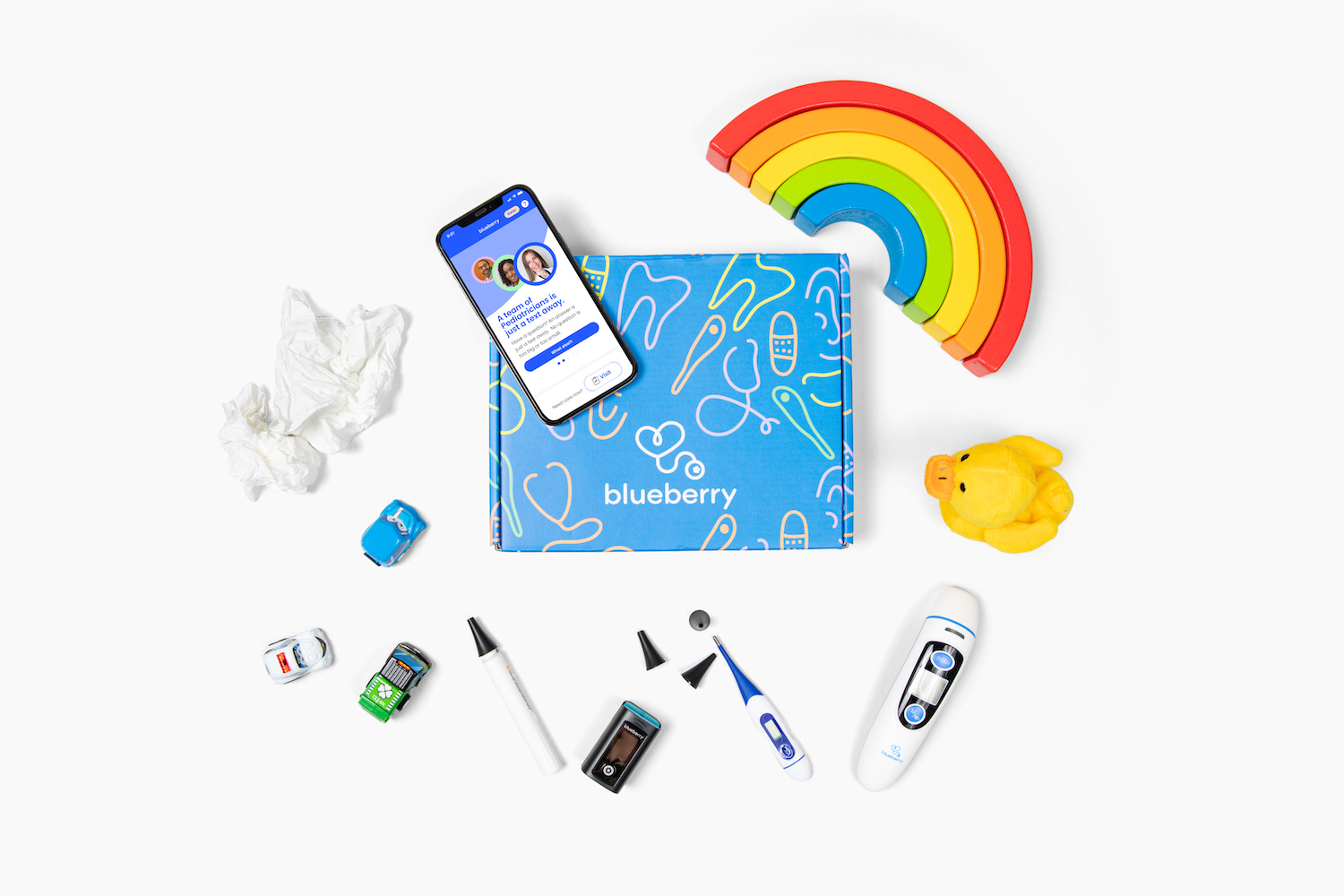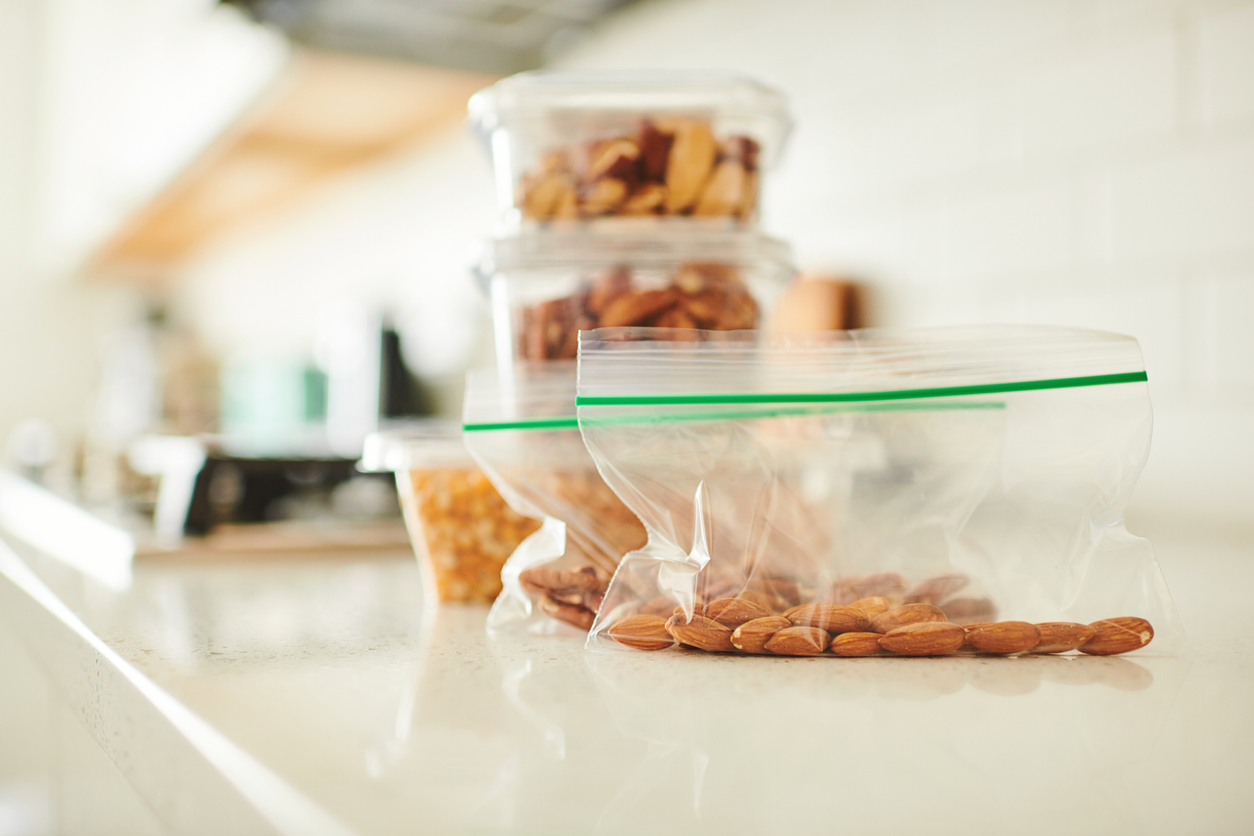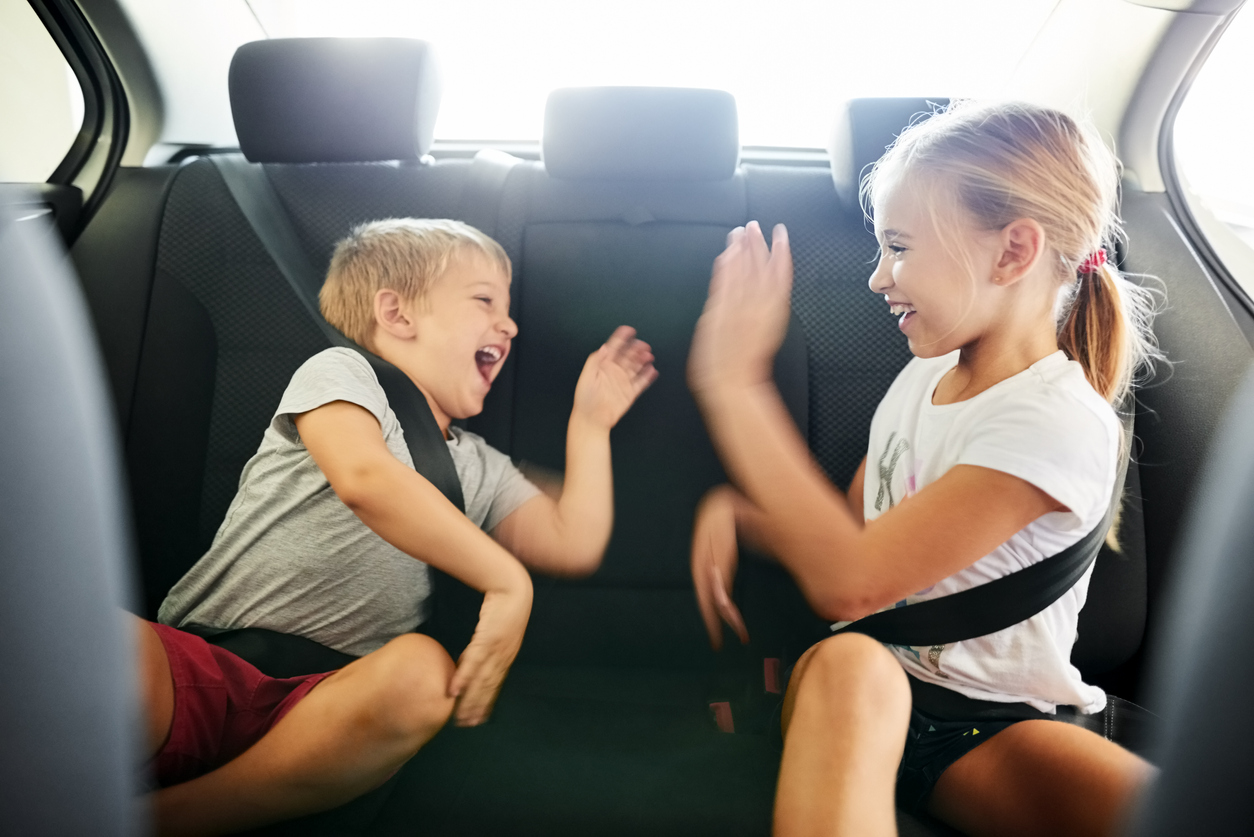Traveling with children can be an overwhelming experience for any parent. If you have young children, the experience can be especially chaotic and stressful as you manage your family’s routines, schedules, and needs before and during the journey.
Don't fret or stress if you’re preparing to travel this holiday season. With some preparation and planning, you can make the journey as smooth and enjoyable as possible for your whole family. Keep reading for travel tips, tricks, and must-haves from the doctors at Blueberry Pediatrics that will make your family’s holiday travels easier and more enjoyable.
When can you travel with a baby?
The American Academy of Pediatrics (AAP) recommends waiting to fly until an infant is at least one month old to prevent illness, and most pediatricians agree the older, the better. However, you can travel with your baby anytime if you're planning a road trip.
Preparing for your trip
Consult your pediatrician
One of the biggest concerns with flying with babies and young children is keeping them healthy. The older an infant is and the more vaccines they have had, the better they will be protected. Consult with your pediatrician before you depart and ensure they are up-to-date on their vaccinations. This is especially important for little ones who were born prematurely and/or have heart or lung problems.
Check your car seat

Safety is the top priority - beginning with the car seat. Before installing your child’s car seat, check the expiration date and make sure it is up-to-date on any product recalls. Ensure your child’s car seat is properly installed according to the manufacturer’s instructions. It should be rear-facing and installed at the correct angle, and the five-point harness system should be adjusted to fit snugly to your baby.
A car seat is also the safest device for your child for plane travel. Contact the airline to understand the requirements and rules around bringing a car seat on the plane.
Pack for success
Bring the items your child will need during the journey, such as diapers, wipes, formula or breastmilk, and snacks. Always have more supplies than you’d typically need in case of travel delays.
Check TSA and airline websites for regulations on traveling with snacks and beverages while flying. Pumped breast milk, infant formula, and cooling/ice packs for carrying breast milk or formula can be carried onto planes without limitations on the amount. Be sure to inform your TSA screening agent if you carry these items and remove them from your carry-on bag(s) so they can be screened separately.
Pack a few items to keep your children entertained, like age-appropriate books, toys, and games. You can also pack a few comfort items from home, such as a favorite blanket or toy that might help soothe your little one during the trip.
Blueberry Pediatrician and mom of four, Dr. Jessica Madden, suggests always bringing additional clothes. “When my children were young, I always had a full change of clothes for each of them in a ziploc, including underwear and socks, that was easily accessible.”
Get a Blueberry Pediatrics membership

A Blueberry Pediatrics membership is necessary when traveling within the United States (Blueberry is available in 30 states). Blueberry provides 24/7 on-demand access to board-certified pediatricians for a low monthly fee. If your child becomes ill, you can chat with a pediatrician via text, phone, or video anytime (including holidays). The pediatrician will diagnose your child and guide treatment, including prescribing medications if necessary.
Every Blueberry family receives a three-piece medical kit, which helps diagnose illnesses from home - just like at the doctor’s office. The kit includes:
- A wireless ear scope that can record video of your child's eardrums, which their pediatricians can use to diagnose ear infections.
- A pulse oximeter that measures your child's heart rate and oxygen levels and gives Blueberry’s pediatricians valuable information necessary to make diagnoses.
- A digital oral thermometer that is waterproof and has a flexible tip to make it easy to take your child’s temperature.
Each item in the Blueberry medical kit is safe for travel. Toss each tool into your Blueberry travel bag and add it to your luggage, and you’ll have an urgent care on-the-go (without the hassle or wait time).
“Always pack your at-home medical kit and strep tests - you won’t regret it,” says Blueberry Pediatrician Dr. Rachel Téllez, who has two children.
Like the at-home medical kit, rapid strep tests are also safe for travel and available to buy online or through the Blueberry app (you must be a member to access the app). Strep throat is highly contagious and can taint your holiday travels if not treated quickly with antibiotics. Dr. Téllez adds, “If your child’s at-home strep test results are positive, our pediatric team can immediately send an antibiotic prescription to a local pharmacy.”
<div fs-richtext-component="cta" class="content_cta">
<div class="content-cta__title">
<div class="y-tex-xxs text-color-white">
Blueberry - Rated best for online pediatrics!
</div>
</div>
<div class="y-text-2xl text-color-white">
👩🏽⚕️ Questions? Get Answers from a Pediatrician
</div>
<a href="https://app.blueberrypediatrics.com/join_blueberry_18a_cart?promo=blog100"
target="_blank" class="content-cta_btn w-button">
Get Started
</a>
<link rel="prefetch" href="https://app.blueberrypediatrics.com/join_blueberry_18a_cart?promo=blog100">
Taking your trip
Choosing the time of day to start a trip
If possible, sync your travel time with your child’s schedule. If your trip is a few hours, consider an early morning trip when your baby may still be sleeping or during your toddler’s longer nap period. For longer trips, consider embarking at night when your child is normally asleep.
Departing and arriving
If possible, breast or bottle feed your baby during take-off and landing to help equalize the pressure in their ears. If that’s not possible, give your baby a pacifier or something else to suck on, to help alleviate discomfort from the change in cabin pressure. If you travel by car, do all infant feeding during rest stops and breaks while the car is not in motion.
Tips for making your child’s trip safe and comfortable
Whether traveling by car or plane, the items you need for a smoother trip are the same. “The only thing that changes when traveling by plane is the amount of disinfectant we carry,” says Dr. Christina Dewey, a mom of two. “We bring a lot of hand sanitizer and disinfectant wipes for the airplane seat and trays.”
When adding hand sanitizer to your carry-on, ensure each bottle is 3.4 ounces or less, and all bottles are stored in a quart-sized Ziploc bag, per TSA guidelines.
Disinfectant is just the start. Keep reading for more suggestions from the Blueberry Pediatrics team.
Snacks

Snacks are necessary for any trip - especially during the holidays when flights are often delayed, traffic is heavy on the roads, and available food options aren’t necessarily your kids’ favorites.
Dr. Sommerfeld suggests packing cut-up fruit and veggies, crackers, cheese, and deli slices of your choice, plus a small amount of something sweet, like chocolate chips, in a bento box or tackle box. “As you’re selecting snacks, ensure nothing is a choking hazard,” she adds.
Medicines
“I always travel with children’s Motrin (ibuprofen) and Tylenol (acetaminophen) in case of illness. My daughter gets car sick, so I bring children’s Dramamine and extra grocery bags for the car,” says Dr. Casey Sommerfeld, a mom of two young children.
Other medicines and tools you may want to bring:
- A children’s antihistamine approved for infants six months and older
- Hydrocortisone cream
- Bacitracin
- Tweezers
Entertainment

You don’t need high-tech to keep kids engaged. Whether flying or traveling, a few decks of cards, travel games, and books with stickers are always a hit.
“I love to go to the Dollar Store or under five-dollar section at Target and get a stack of activities, books, and toys that I can pull out one at a time when things get rough,” says Dr. Borchetta.
Sleep Aids
Blueberry’s Senior Physician Lead, Dr. Kristen Borchetta, has an eight-year-old who often has difficulty sleeping and proposes white noise machines as a sleep aid. “White noise machines are critical. They help block out the noise of hotels, so your kid (or you!) isn't woken up by people in the hallway.”
Your family’s holiday travel
Traveling with children presents challenges but can also be a great adventure. The key is to create an environment that allows your family to relax and enjoy the journey—not just the destination.
Prioritize your family’s health, safety, and comfort, and plan for all three in advance so that you can have a more enjoyable travel experience. If you’d like additional guidance to make your travels that much easier, consider a Blueberry Pediatrics membership; the pediatrician team at Blueberry is available for help 24/7.
And remember: no matter what happens on travel day, you’re doing your best!
.png)
Sources
- Flying with Baby: Parent FAQs. (n.d.). HealthyChildren.org. https://www.healthychildren.org/English/safety-prevention/on-the-go/Pages/Flying-with-Baby.aspx
- Flying with Children | Federal Aviation Administration. (2022). Faa.gov. https://www.faa.gov/travelers/fly_children
- Liquids Rule. (2014, December 16). Transportation Security Administration. https://www.tsa.gov/travel/security-screening/liquids-rule





.png)
.png)

.svg)






.svg)
.svg)